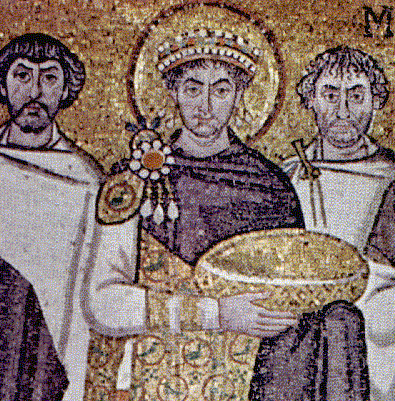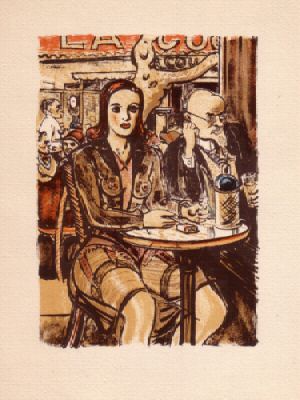This is Why We Have Trials
"Abdul Razzaq Hekmati was regarded here as a war hero, famous for his resistance to the Russian occupation in the 1980s and later for a daring prison break he organized for three opponents of the Taliban government in 1999.This is the 5th Amendment to the United States Constitution:But in 2003, Mr. Hekmati was arrested by American forces in southern Afghanistan when, senior Afghan officials here contend, he was falsely accused by his enemies of being a Taliban commander himself. For the next five years he was held at the American military base in Guantánamo Bay, Cuba, where he died of cancer on Dec. 30. (...)
Several high-ranking officials in President Hamid Karzai’s government say Mr. Hekmati’s detention at Guantánamo was a gross mistake. They were mentioned by Mr. Hekmati in his hearings and could have vouched for him. Records from the hearings show that only a cursory effort was made to reach them.
Two of those officials were men Mr. Hekmati had helped escape from the Taliban’s top security prison in Kandahar in 1999: Ismail Khan, now the minister of energy; and Hajji Zaher, a general in the Border Guards. Both men said they appealed to American officials about Mr. Hekmati’s case, but to no effect.
“What he did was very important for all Afghan people who were against the Taliban,” Hajji Zaher said of Mr. Hekmati’s role in organizing his prison break. “He was not a man to take to Guantánamo.” (...)
The 1999 escape was a deep humiliation for the Taliban government, which blocked roads and searched houses across the country for days afterward and offered $1 million for the capture of the escapees. Two of Mr. Hekmati’s relatives were badly tortured by the Taliban after the prison break as the Taliban looked for information.
Two of the men Mr. Hekmati freed, Mr. Khan and Hajji Zaher, returned to the battlefield to lead forces against the Taliban. They both received significant American support in 2001 and worked with Special Forces units.
A third man who escaped with them was another commander of the anti-Taliban Northern Alliance, Gen. Mohammed Qasim.
According to Mr. Hekmati’s account in his hearing in September 2005, he organized the escape because he opposed the Taliban’s “ruthlessness and injustice.” (...)
The men escaped to Iran, where Mr. Khan provided Mr. Hekmati and his family with a house and financial support in return for his daring. Mr. Hekmati said he returned to Afghanistan only in 2002, after the Taliban were toppled and Mr. Karzai’s interim government was installed. Within a year, he was arrested."
No person shall be held to answer for a capital, or otherwise infamous crime, unless on a presentment or indictment of a Grand Jury, except in cases arising in the land or naval forces, or in the Militia, when in actual service in time of War or public danger; nor shall any person be subject for the same offense to be twice put in jeopardy of life or limb; nor shall be compelled in any criminal case to be a witness against himself, nor be deprived of life, liberty, or property, without due process of law; nor shall private property be taken for public use, without just compensation.
Labels: america, law, politics
Read more





